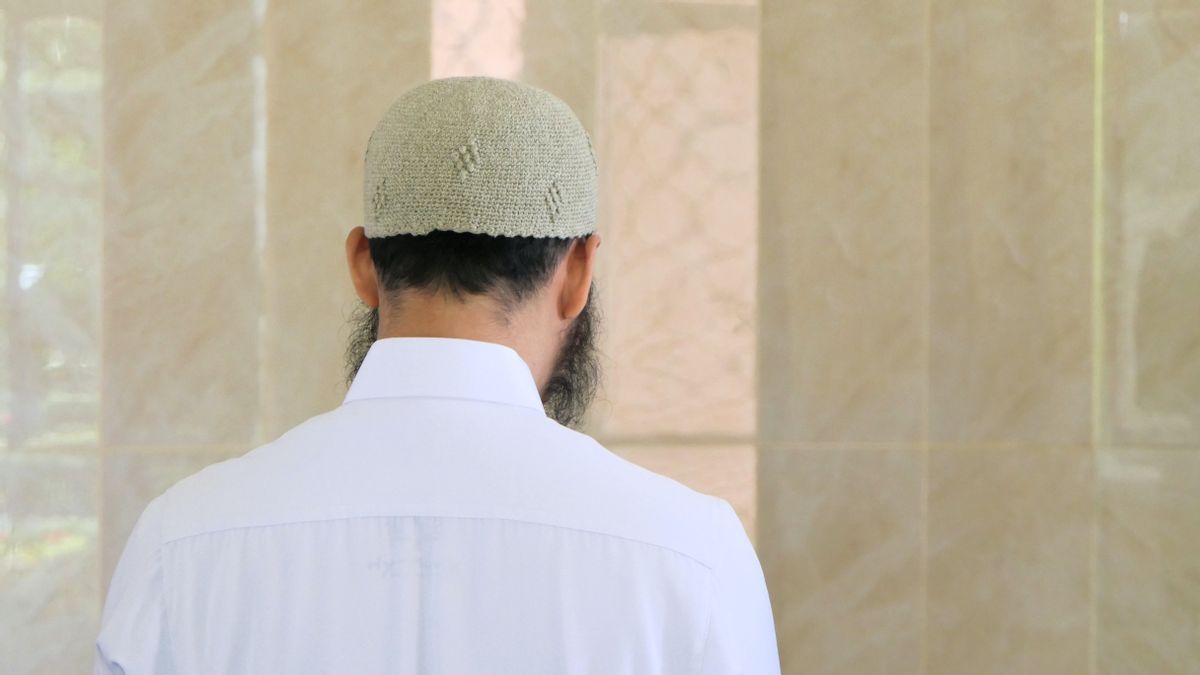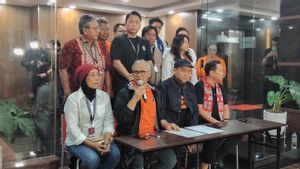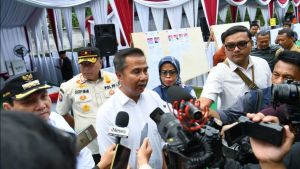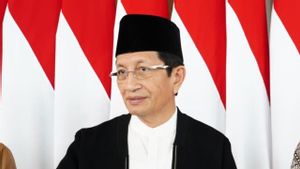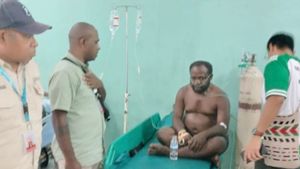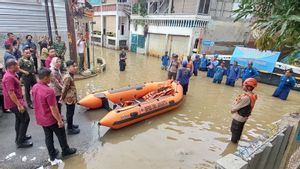JAKARTA - A number of habits that are often carried out to welcome the Eid Al-Fitr 1441 Hijriah are unlikely to be implemented amid the COVID-19 pandemic, including visiting relatives' homes. This is to prevent the spread of COVID-19.
"We ask the public not to carry out the event of visiting each other after the Eid prayers as we usually do. Because doing so during the COVID-19 period is clearly a very high risk," said Secretary General of the Indonesian Ulema Council (MUI) Anwar Abbas in a written statement, Friday, May 15th.
In addition, Anwar also asked the public not to shake hands or shake hands as is usually done when congratulating holidays. Moreover, shaking hands is the most effective way of spreading COVID-19 so far.
So as an alternative, he said, gathering and greeting each other could be done with other alternatives such as through short messages, telephone calls, or video calls.
"We urge people and society to put forward efforts to protect and protect themselves so they do not fall into things that endanger health," he said.
"Especially in religion, keeping yourself from falling into disasters and calamities is obligatory while shaking hands is only a sunnah," added Anwar.
Eid prayers at homeIn connection with the implementation of the Eid Al-Fitr prayers, MUI has also issued a fatwa which contains provisions for prayer at home both in congregation and alone.
Through the MUI Fatwa Number 28 of 2020 concerning Guidelines for Kaifiat Takbir and Eid prayers during the COVID-19 pandemic, it is stated that this prayer is the law of repulsion or highly recommended. This prayer is performed in congregation in the field, mosque, or prayer room.
However, in the midst of a pandemic like now, the MUI fatwa explains that prayers in the field, mosques and prayer rooms can be done if the area is safe from the spread of the corona virus. This is indicated by the decline in transmission rates and supported by the policy of easing activities that allow crowding to occur.
If this does not happen until Eid al-Fitr, people in the area can pray in their homes.
"Eid al-Fitr prayers may be held at home in congregation with family members or alone, especially those in areas where the spread of COVID-19 has not been controlled," MUI said in the fatwa.
Prayers at home or in mosques, for areas that are considered safe, still have to implement health protocols to prevent potential transmission by shortening prayer readings and carrying out sermons.
The minimum number of people who wish to pray in congregation at home is also regulated, namely four people, with details of 1 imam and three congregations. For example, this number is not sufficient, then congregational prayers are still permitted and sermons are not obligatory if no one is able to do them.
The English, Chinese, Japanese, Arabic, and French versions are automatically generated by the AI. So there may still be inaccuracies in translating, please always see Indonesian as our main language. (system supported by DigitalSiber.id)
